If You Grew Up in a Russian-Speaking Household, These 5 Things Will Feel So Familiar.
You know you grew up in a Russian-speaking household if you had certain experiences that you could never mix up or forget. Some of these might terrify your non-Russian-speaking friends, but when you share them with Russian-speaking friends, they bring laughter and a feeling of belonging. Growing up in a Russian-speaking immigrant family comes with its own unique set of memories — some funny, some frustrating, and many that still shape you as an adult. If you’re a child of immigrants, these experiences may feel very familiar.
1. School Lunches That Made You Stand Out
While classmates had PB&J or Lunchables, you might have opened your lunchbox to find котлета (cutlet), гречка (buckwheat) carefully packed by your mom. The smell before you even sat down, your classmates were drawing curious looks. Your elementary teacher would probably ask you what you were eating. You may have felt embarrassed at the time, feeling so jealous of the popular kids who were eating Lunchables. Looking back now, those same foods probably bring you comfort and nostalgia.
2. Of course, your grandparents were picking you up from school.
You didn’t have nannies. It was your grandparents who picked you up from school and spent the afternoons with you until your parents came home from work. That time with бабушка and дедушка shaped so many of your everyday memories — from after-school snacks to stories about “the old country.” Those afternoons were filled with yummy Russian food, Russian soap operas playing in the background, and your grandparents’ often unsuccessful attempts to explain American culture — like why kids went around saying ‘trick or treat’ on Halloween.
3. Work Hard, Play Hard
Even when it came to celebrating holidays, you couldn’t just do it lightly. New Year’s Eve on December 31st was the big event. The table was covered with endless food, there were nonstop toasts, the TV played in the background, and the celebration went on late into the night. While your classmates talked about Santa, you were ringing in the New Year with Ded Moroz — and enjoying delicious leftovers for days. You probably remember eating салат “Оливье” for the rest of the week.
4. We Sacrificed to Come Here — That’s Why You Need to Succeed
You probably heard endless comparisons between your childhood and your parents’ or grandparents’ lives. They reminded you how much opportunity you had, compared to the struggles and sacrifices they faced when they came to the U.S. It often came with that familiar phrase you heard over and over: “When I was your age, I did…” or “When I was your age, I didn’t have…” The message was clear: don’t waste chances, don’t be lazy, always work hard — because your success was proof that their sacrifices were worth it.
5. Effort Didn’t Matter If the Results Weren’t Perfect
You vividly remember that your parents didn’t ask whether you had fun in art class — they wanted to know what you drew and how you could make it better next time. Effort alone wasn’t enough; what mattered was the outcome. Grades were the same: anything lower than a B threw your parents into heavy worry mode about your future. They often painted it in dark colors, warning you that without top marks you might end up working at McDonald’s. The message was clear — effort didn’t matter if the results weren’t perfect.
This is not a complete list, of course. I’m very interested to hear what would be on your list, because while there are many similarities between Russian-speaking families, every family has its own unique story. If you grew up in a Russian-speaking household, you probably carry both the gifts and the challenges of that upbringing: resilience, strong family values, but also the weight of perfectionism and boundaries that sometimes felt too tight. As a bilingual therapist, I provide therapy in both Russian and English. You don’t have to explain cultural terms or translate yourself — we can easily switch between languages and cultural codes in a way that feels natural and understood. Therapy can be a place to honor your roots while also finding your own voice. If what I wrote resonates with you, and you want to take a deeper dive into your family’s immigration story and its impact on your belief system, schedule a free consultation with me today. Together, we’ll explore your culture, your family history, and how these forces continue to shape you. We will laugh and cry together — and you will gain clarity about what comes from your family story, and what truly belongs to your own voice.

